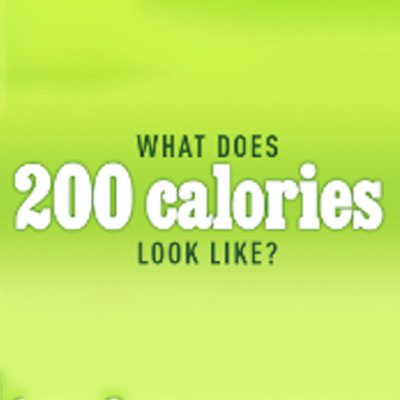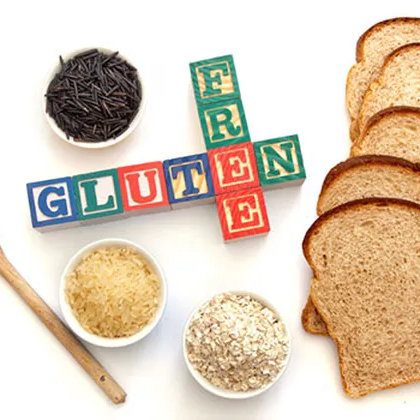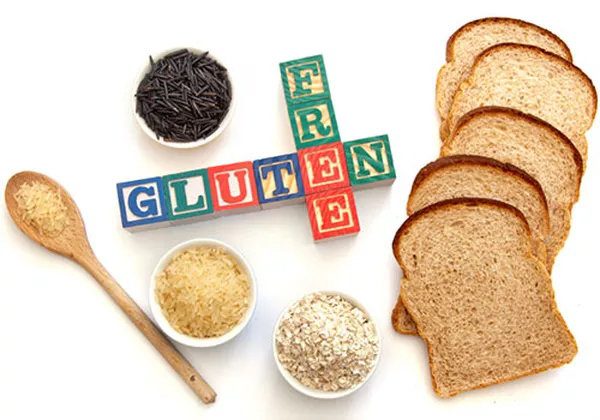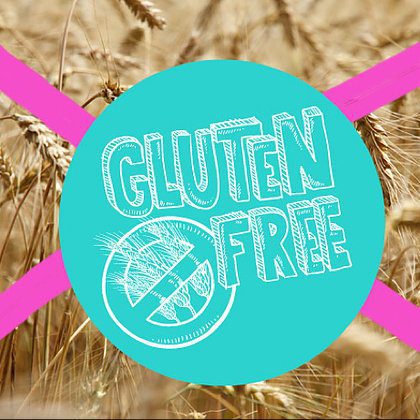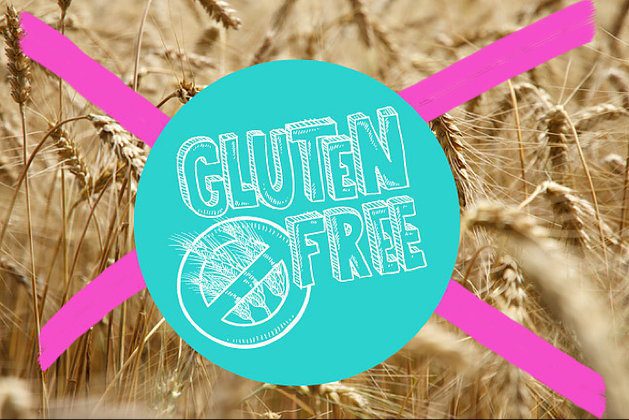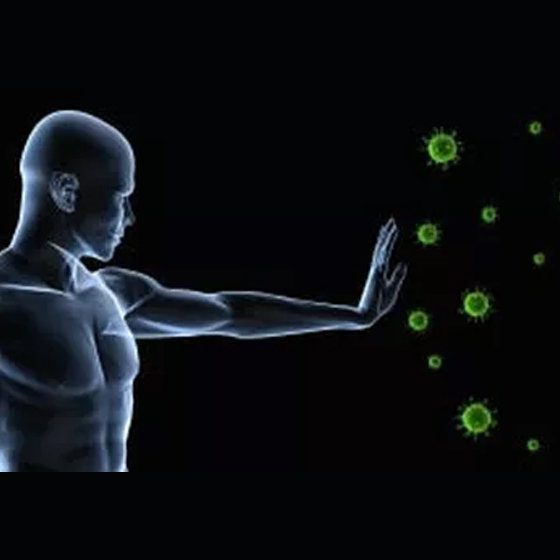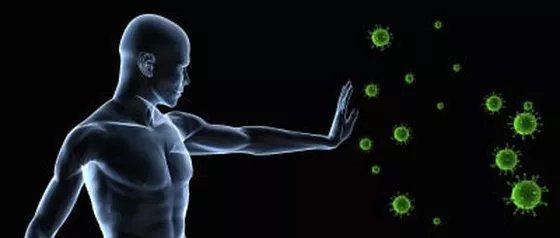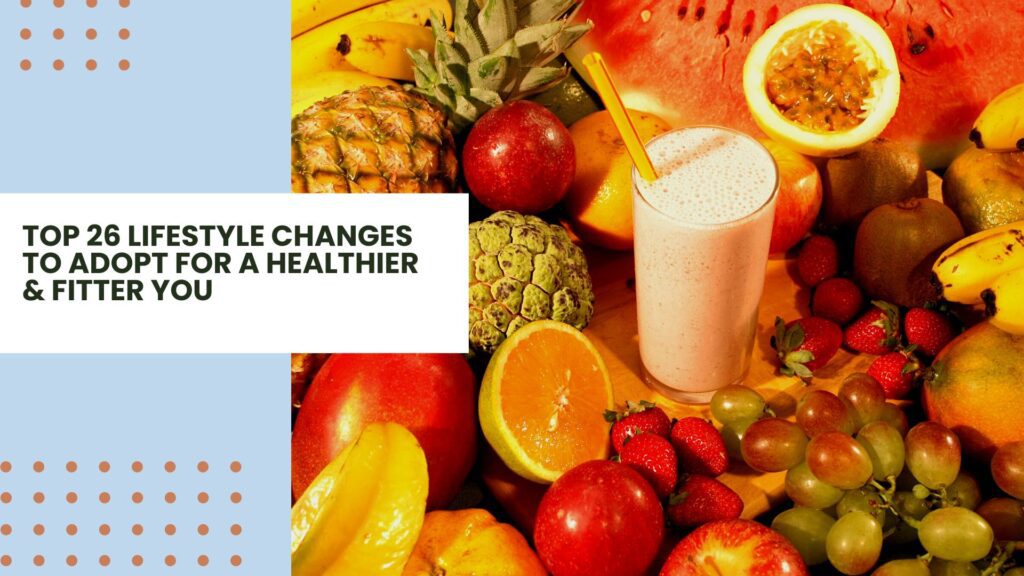
Unlock the secrets to lasting health success with our comprehensive lifestyle change tips. Start your journey to a healthier, happier you today!
Health is a holistic concept that encompasses both the mind and body. To achieve long-term health success, it’s essential to adopt a comprehensive approach that integrates various aspects of well-being.
Top 26 Lifestyle Changes to Adopt for a Healthier & Fitter You
Appetite Management
This must always be under control. Overeating is just unnecessary fat for the body and insufficient eating will cause your metabolism to slow down.
Body goals
In your mind you must have a certain goal that you want to attain – drop 10 kgs, beach body, fat stomach, bigger biceps – they’re all part of your body goals.
Consistent Evolution
The only thing constant in this world is change. Change your diet regularly, change your exercise pattern and make all required changes in your lifestyle for long-term results.
Dietary Diversity
Make sure your diet contains enough green leafy veggies like spinach, lean protein, carbohydrates and a certain amount of fat. Even the occasional dessert and cheat meal should be incorporated into your diet.
Exercise
No matter how often you eat right, how many hours of sleep you get and whether or not you count calories, until and unless you do exercise daily you’ll never be able to have a totally healthy lifestyle.
Frequent Commitment
The first step towards a long-term healthy lifestyle is frequency. It takes 21 days to form a habit, after that it seems just natural. You need to be frequent and consistent to attain such long-term goals.
Green Tea Goodness
It helps boost the metabolic rate, reduce belly fat, and can lower the risk of various diseases. Try to drink at least 3-5 cups of green tea every day. Plus it’s 0 calories, so what’s the harm?
Homemade Food Advantage
This one’s the best way to eat healthy and avoid junk food. By cooking at home you know exactly what you’re eating and you’re well aware of what nutrients go into your mouth. Plus it’s the easiest way to maintain a balanced diet (since the balance is in your hands now)!
Intrinsic Motivation
You need inspiration to maintain long-term success. It could be from apparent weight loss, from reading a book about healthy living or even by watching someone maintain a healthy lifestyle. This can’t be done by mindlessly following some diet!
Use Jealousy as a Catalyst
Sometimes envying others might help you get the best results. When you envy someone for their clean eating habits or perfect body, you will probably want to achieve that yourself – which will be your biggest motivator for long-term success.
Kick-Start Your Journey
You will literally wake up one day and decide you want to start living a healthy lifestyle! It’s time to kick start every day towards making these healthy changes.
Losing Weight Safely
Who doesn’t want to shed 5 kgs in a month? But you can’t do this by starving yourself or going on a detox where you just eat fruits and drink water! That’s totally unhealthy. It is essential to let your healthy weight loss journey take its time, so that you have long-lasting results.
Mental Health
Mental and physical health go hand in hand. It is important that you focus on strengthening your mind as well, not only your body. Falls in mental health will eventually affect your physical health as well!
Nutritional Necessities
From carbs to protein to minerals, each and every nutrient is essential for maintaining a healthy diet as well as performing normal bodily functions. Eating everything in the right proportion will promote a long-lasting healthy lifestyle.
Observant Adaptation
Observe what changes you are making, divide them into healthy and unhealthy changes and then continue with only the healthy changes. Your observation skills will help you get rid of unnecessary and unhealthy changes instantly.
Pledge to Persevere
You need to promise yourself you’re going to stick to this new lifestyle no matter how hard it gets! Promise yourself to eat healthier every day, to exercise a little more every day and definitely promise yourself to stay away from the unhealthy goodies!
Quit Detrimental Habits
It’s important to quit the bad habits! Binge drinking, smoking, stress eating and all these other habits aren’t going to help you maintain a healthy lifestyle.
Raw Food Rewards
Raw foods are the best form of food you can get! They help prevent diseases, give your body a lot of energy and contain essential vitamins and minerals.
Sleep Significance
Sleeping for 6-8 hours every night is a requirement for proper body function! It’s the time your body needs to recuperate, repair your muscles and even improve your mood. Exercise and good eating are useless without sufficient sleep.
Tangible Tips
Tips like these will really help and motivate your to manage a long term successful healthy lifestyle. Take tips from experts, from dieticians and even from people you look up to for inspiration – you never know which trip does the trick.
Understanding and Awareness
You need to understand what your body needs, how much weight you need to gain/lose to be “fit” (not skinny, not thin- but fit) and how often you should exercise. It is important to understand nutritional facts on packaged items and what goes into your body. Understanding is essential for better results!
Value of Veggies
Yes, lean protein and meats are important, BUT you can’t have a balanced diet unless you’re eating enough green leafy vegetables. Incorporate them into every meal!
Wellness Over Weight
Weight cannot be defined as per your weighing scale or BMI. Your focus cannot be ‘How can I lose weight’; you need to focus on how you can continue with your healthy lifestyle.
(e)Xhilarating Workouts
Go for extreme activity classes like Zumba, CrossFit, army circuit training, power yoga, and other such high-intensity activities! It’s a good change from your usual workout and will probably have more effective results.
Yoga
From increased flexibility to increased strength, from meditating to improving bone health; yoga has all-round benefits which are only going to improve your lifestyle.
Avoid Zero Dieting Policy
You cannot diet (and I mean not eating at all) to lose weight and ‘look thin’. Starving and minimal eating doesn’t help you to maintain a long-term healthy lifestyle. Your diet must be full of rich foods.
Conclusion
Achieving long-term health success is a multifaceted journey that requires a harmonious blend of physical, mental, and nutritional strategies.
From understanding the nuances of our appetite to embracing the holistic benefits of practices like yoga, every step we take is a testament to our commitment to well-being.
By integrating these principles into our daily lives, not only do we pave the way for a healthier present, but we also lay the foundation for a future where wellness becomes second nature.
As we navigate this path, it’s essential to remember that health is not a destination but a continuous journey of growth, understanding, and perseverance
In case of any related query related to diet or weight loss book an appointment with Dt. Silky Mahajan please send us a mail at info@foodsandnutrition.in or call on 080 6741 7780 (Dial Extension: 778).







